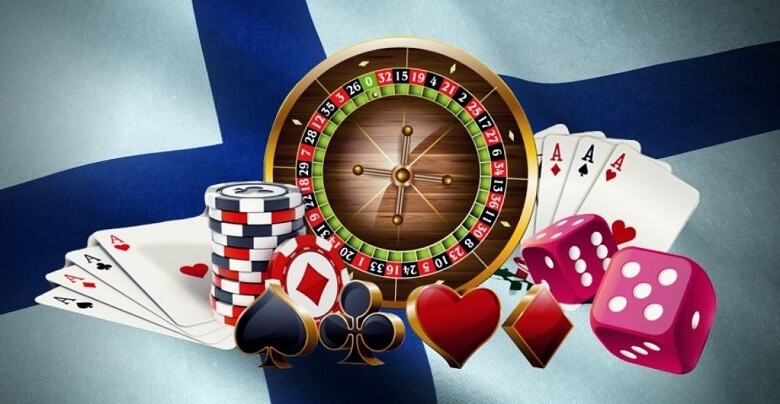The Finnish Gambling Conundrum

This content has been archived. It may no longer be relevant
For gamblers in Finland, the situation is a little sticky. The laws around gambling in Finland leave most gamblers in a strange sort of limbo land where their gambling activities are acceptable but not quite legal. Unlike every other EU nation, the Finnish government has held on to its gambling monopoly, which means that only state-sanctioned entities (of which there are only three) can provide gambling platforms to the Finnish people:
- Veikkaus – Instant win games, national lottery, sports betting
- RAY – All land-based casinos
- Finoto – Parimutuel horse racing
Thanks to this setup, Veikkaus rakes in yearly revenue from Finnish gambling of approximately €1.6bn. The profits are then used to fund projects within the arts, sports, education, and science sectors. This model has worked so well for the Finnish government that it has resisted every EU attempt to allow open licensing for gambling sites. However, Finnish gamblers are somewhat deprived of choice for software providers and games, and the payouts and bonuses leave much to be desired. For these reasons, Finnish gamblers turn to foreign gambling sites – and this is where it gets sticky.
Loopholes
Foreign online casinos are not allowed to operate in Finland, but they can accept Finnish players; thanks to a few legal loopholes, they can accept Finnish players. There are no laws in place that effectively stop Finnish gamblers from accessing a foreign casino. There is nothing legally preventing Fins from using any banking method to make deposits and withdrawals into and out of foreign casinos. In other words, it’s only legal for Veikkaus, RAY, and Finoto to offer gambling services to Finns, but Finns can access foreign online casinos, as found here, without facing any legal issues even though it’s not exactly allowed.
It may seem like the situation offers the best of both worlds, but the reality is a little less rosy. For one thing, online casinos operating outside of Finland are not subject to Finnish consumer laws, which leaves Finnish players unprotected. The Finnish government is also losing out on approximately €100 million per year in revenue that could otherwise be used to help social projects. And Veikkaus has become so imposing that there are now around 10 gambling machines for every ATM. Veikkaus gambling machines are everywhere – shopping malls, petrol stations, and kiosks, for example, leaving many questioning the impact this has on vulnerable and underage gamblers.
Pros and Cons
The Finnish government has long argued that a monopoly allows for tighter controls on gambling as a whole and better protections for Finnish gamblers. However, this is an argument that no longer holds sway. At 3% of the population, number of problem gamblers in Finland far outweighs that of Spain, for example, a country with many gamblers in total. In fact, there is no evidence that satisfactorily backs Finland’s claim that a gambling monopoly works in the best interest of its people. It could be argued that casinos working under a UK Gambling Commission license, for example, are better equipped to provide problem gamblers with the help that they need.
Both Sweden and Denmark have embraced an open-licensing stance on gambling, and it has paid off significantly. In Denmark, the percentage of players using an international online casino has fallen from 28% to 8 % since they made the change in 2012. And what is particularly noteworthy is that introducing open licensing did not have an adverse effect on Danske Spil (their equivalent of Veikkaus). In fact, Danske Spil is making considerably more in revenue than ever before, all of which is still going to charitable projects. Swedish players have also embraced new Swedish gambling companies. The percentage of Swedish players using international online casinos has dropped from 56% to just 15% – increasing the overall taxable gambling revenue significantly. Finland has merely to look to its neighbors to realize that open licensing is the way to go.
The Future is Uncertain
What does the future hold for Finnish gamblers? It’s hard to predict. The EU continues to pressure (albeit lightly) Finland to make the change in open-licensing, but it hasn’t worked so far. Perhaps public opinion may finally sway the Finnish government in the direction of open licensing? But perhaps the public are simply not vocal enough? After all, with all the highly regarded UK and EU online sites to choose from, their need for an open gambling market may not feel so urgent.
As long as Finland continues to turn a blind eye to players using international sites to access a broader range of games, most players will be happy to keep on doing so. It is also highly unlikely that UK and EU sites will ban Finnish players from signing up and playing games.





